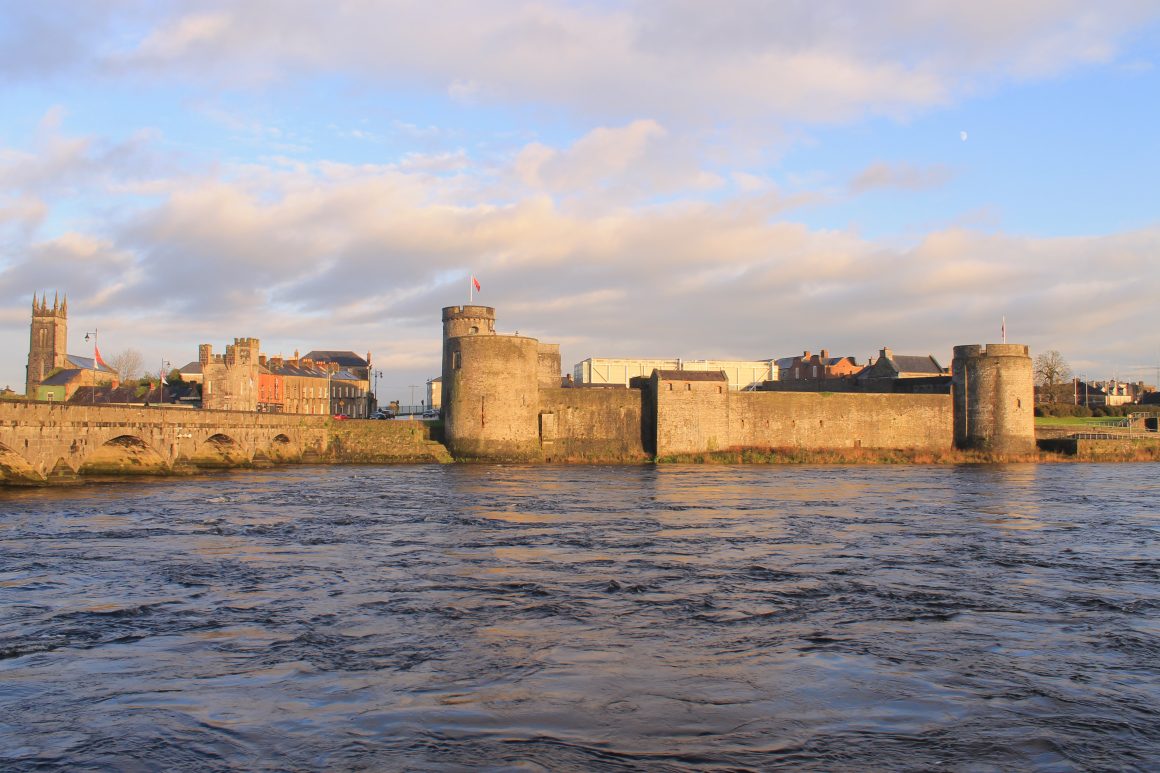In some respects the most important vote in Limerick this Friday isn’t about which councillors are returned, but rather whether Limerick will opt for a directly elected Mayor. The campaign hasn’t gained traction partially because the concept of what a modern mayor can be has not fully been debated in Limerick. The Office is currently highly ceremonial. Under the new proposals, the office would be revolutionised from a ceremonial position to an executive one. Currently the mayor is an ambassador the city, under the new proposals the mayor could be both an ambassador and an advocate for the city.
Both mayors this year, Daniel Butler and James Collins, have been excellent representatives for the city. Both have been highly visible and are committed to the city and the region, both have been excellent ambassadors for the city. It is, however, hard for either to fully be an advocate for the city when they know their tenure is limited by such a short duration. This duration prevents either Mayor from really setting out a programme for works. It is not feasible or possible to propose, plan, finance and complete a large project in 12 months. It is also not possible to achieve same on a part-time basis. Limerick is a city on the cusp of reinvention, however, it has been at the cusp for several years now. We need a mayor who will set out a vision and be given the tools to realise it. A mayor who goes to the electorate with a set of proposals for the city allows all of Limerick’s citizens a say in how the city should develop.
When it comes to having a mayor as an advocate and an ambassador it is important to place Limerick in its national and international context. We are a regional city in a centralised country. None of the regional Irish cities are comparable with the dominance Dublin exerts over the country. Added to that, we a comparatively small city in a European context. To fight our corner in such contexts, we need a strong advocate for the city. We need a mayor who goes beyond the ceremonial aspects of the role.
The recession of 2009 showed how desperately vulnerable the entire midwest is to external economic shocks. The unemployment figure in Limerick city and county reached an extraordinary 46,830 people out of a population of 192,000 people. These figures go some way to convey the devastation that the Midwest suffered. Limerick was not unique in this however, regions all across the European Union are struggling as more and more employment is concentrated on larger cities. We are witnessing an internal mass migration across the European Union from the regions to the larger cities, with the regions being depopulated. Regional cities across the continent are facing into a transformative period. We need a mayor who understands and is willing to embrace this challenge. Limerick needs to adapt, and it needs a plan to do so.
The story since the crash in Limerick is one of resilience and resurgence, and one every Limerick citizen should be proud of. We could characterise it as Limerick’s Ardú, or rise. The Government too, and the Council deserve massive credit for Limerick’s Ardú since 2009. The number of people unemployed has dropped below 15,000 people for the first time since economic crisis. Comparatively, we are a region in recovery. This recovery is partially based on massive inward investment from multi-national corporations and the growth of third level institutions in Limerick. The next stage has to making sure this recovery has deep roots and we do not face a crisis of 2009/2010 again. In order to do so, we need someone in our corner who is unashamedly fighting for our interests. A person who is willing and able to champion the best of Limerick while addressing our challenges.
We need an advocate who will fight for investment in Limerick’s hospitals, schools, colleges and transport. Recent figures from Dr Gerry Burke (Clinical Director for Maternal and Child Health, UL Hospitals Group) showed that Limerick’s health services are under-resourced compared to the national average. Figures from the CSO show that 18 out of the worst 79 unemployment blackspots nationally are in Limerick. We are experiencing a Ardú but we still have a distance to travel to make everyone feel the effects of the resurgence. While a mayor can’t change that, they can advocate for all Limerick citizens to ensure they are fairly represented on a national level.
We face the twin challenges of ensuring that the resurgence is evenly spread, and that we have a strong voice for the entire region. The Mayor of Limerick can be an advocate as well as an ambassador for the city. They can set out a proper vision for social housing, for civic facilities and the city’s future development. On a national and international platform they can advocate for proper investment in the region. They can represent the best of the city to show that Limerick is a progressive, modern city while ensuring all parts of Limerick are benefitting from the resurgence, that the Ardú Limerick is experiencing is just at its beginning, and the right person can transform Limerick into the city we know it can be.
